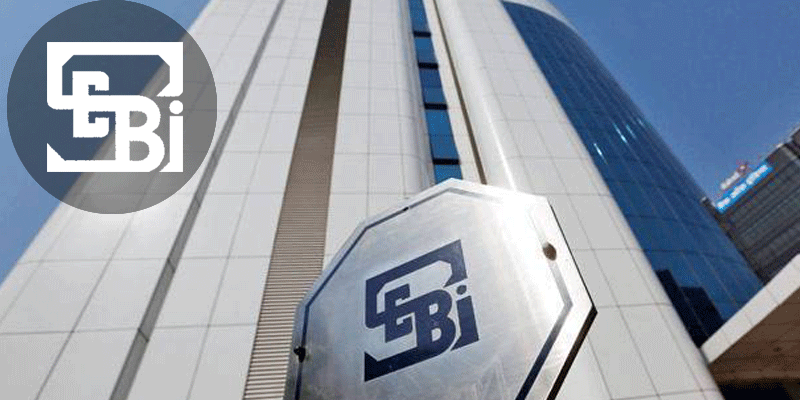According to reports, Securities and Exchange Board of India (SEBI), the nation’s market regulator has plans on marking debt securities and money market instruments to the market. This means that debt securities would be valued with respect to the prevailing market prices.
SEBI believes that evaluating bond funds based on the market prices will improve transparency in the industry. Aligning the funds with market prices will also ensure that portfolios are being valued fairly.
In a recent SEBI board meeting, the regulator had already laid out its plans for amortisation based valuation of debt and money market securities. The minutes also included a statement confirming the regulator’s plan to entirely switch to mark-to-market valuation effective from 1 April 2020.
Also Read: Soon Retail Investors to Have an E-voting App Developed by SEBI
Mark-to-market valuation of debt securities means that the Net Asset Value (NAV) for fixed income scheme investors would fluctuate at a frequent rate. The debt mutual funds industry is expected to be impacted the most once new valuation scheme is implemented.
Short-term securities such as liquid fund schemes where most individuals invest their funds for short-term goals would also be affected by the change. In the same line, securities which invest in T-bills could also witness a similar impact.

Abbreviation is the name of the game – SIP, NPS, ELSS, KTM, and OMR.
Vishnu is the cat that got too curious. He can normally be found staring at market charts or drooling over his Real Madrid curios.
Favourite quote: ” Madrid, Madrid, Madrid ¡Hala Madrid! Y nada más”





